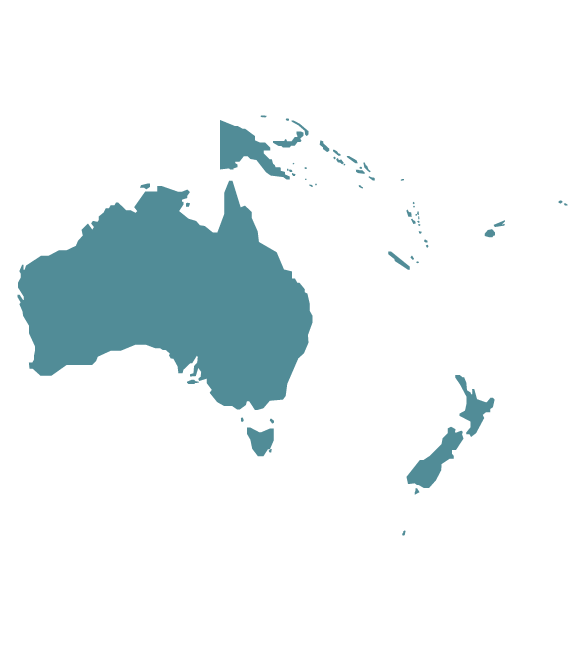Our
projects
Projects on this page are divided into two categories: GGGI Signature Projects and GGGI Small Grants.
GGGI Signature Projects are collaborative projects that have been designed by and funded through the GGGI involving several GGGI members and other partners contributing to large-scale and often multi-phase projects.
GGGI Small Grants are projects are funded through the GGGI Small Grants Program, which is a competitive bid-based program open to GGGI members only, pending available funding. GGGI Small grants typically involve one or more GGGI members working on specific projects in select geographies.
GGGI projects by region - select a region and then click “explore” to see projects from each region
All Projects
Search by Category
- Africa 4
- Asia 6
- Capacity Building Workshops 12
- Central and South America 1
- Data Collection 14
- EOL Gear Collection/Recycling 14
- Europe 5
- Fisher Interviews 9
- Gear Removal 25
- North America 14
- Oceania 2
- Outreach and Education 23
- Predictive Models 5
- Side Scan Sonar Surveys 5
- Technology Testing 8
- UAV Surveys 4
GGGI Signature Project - North American Net Collection Initiative (NANCI)
Our signature North American Net Collection Initiative (NANCI) project is the first-ever transboundary initiative to prevent ghost gear in the coastal waters of the western United States, Mexico, and Canada. The GGGI, along with the Government of Mexico and several local non-profit organizations (including WWF Mexico, Pronatura Noroeste, Manta Caribbean Project, Wildcoast, and Bureo Inc.), and supported by funding from a diverse set of funders including the U.S. National Oceanic and Atmospheric Administration’s (NOAA) Marine Debris Program, and the Builders Initiative, have come together to tackle ALDFG in a holistic way under the NANCI project banner.
GGGI Signature Project - Pacific Northwest
The Pacific Northwest region of Washington State and British Columbia is an area of incredible biodiversity and, as a result, significant fishing activity, particularly for Dungeness crab and various salmon species. There has been significant work done in the region previously by several GGGI members, including the Northwest Straits Foundation (NWSF) and Natural Resources Consultants (NRC) in Washington State and the Emerald Sea Protection Society (ESPS) in British Columbia. Part of this work by NWSF and NRC includes the creation of the Puget Sound Crab Pot Prevention Plan and the Reporting, Response, and Retrieval (RRR) Program for newly lost nets, a program being conducted in coordination with the Washington Department of Fish and Wildlife.
GGGI Signature Project - Vanuatu
The GGGI has been working with partners—including the Vanuatu Fisheries Department (VFD), Vanuatu Environmental Science Society (VESS) and Natural Resources Consultants (NRC)—since 2017 to increase community uptake of best practices for managing fishing gear in Vanuatu and to gather ALDFG data for the GGGI global data portal. As a continuation of the GGGI’s work in Vanuatu, the project team has built on lessons learned during earlier activities and has expanded engagement with local stakeholders. The project has continued to help raise awareness about ghost gear in Vanuatu while building capacity and generating community buy-in to effectively reduce and prevent gear loss going forward.
GGGI Signature Project - Caribbean
The GGGI has been engaging in the Caribbean since 2018, having been an observer and giving presentations on ALDFG at the Caribbean Regional Fisheries Mechanism annual meetings in Montserrat in 2018 and St. Kitts in 2019. The Caribbean region, being prone to frequent severe storm events such as hurricanes, experiences a significant amount of gear loss, particularly in its static gear fisheries using traps and pots. This comprehensive project is focused on two key project objectives in the Caribbean region:
reducing ghost gear by incentivizing adoption of best practices around gear loss prevention, exploring innovative gear designs and improving port reception facilities; and
identifying the types and prevalence of ghost gear in the region and conducting workshops to train local stakeholders in gear marking and retrieval.
GGGI Signature Project - Gulf of Maine and Rhode Island
Each year, thousands of lobster traps are lost in the Gulf of Maine due to poor weather, broken groundlines, and buoys buffeted by storms, or cut loose by boat propellers. These lost traps have significant ecological and economic impacts, resulting in diminished lobster populations and hundreds of thousands of dollars in lost revenue and replacement costs across the industry. To address this issue, the GGGI has been working with partners on the ground, including the Gulf of Maine Lobster Foundation (GOMLF) and Commercial Fisheries Research Foundation, as well as local fishers for years to help solve this problem by doing annual gear removals in the off-season as well as holding voluntary end-of-life “gear grab” events and local knowledge sharing and capacity building workshops.

Become a Member
Interested in becoming a member? Click the button below to learn more.











